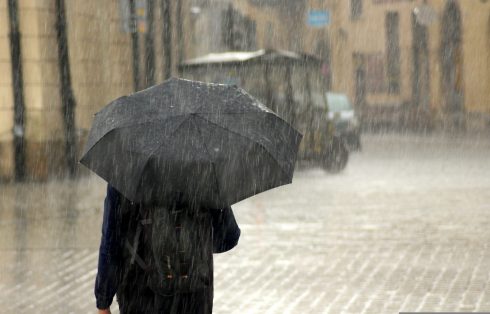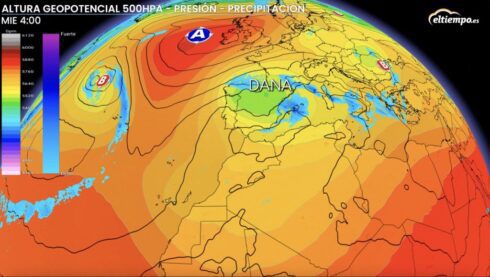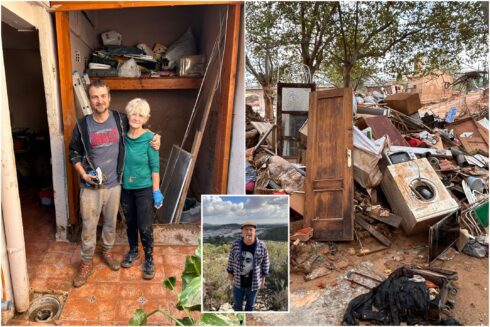THE growing problem of sex-trafficking to Spain is in the spotlight after police broke up a gang that trafficked an Olympic star and 300 others to sex clubs in Almería and the Canary Islands.
A network that imported Russian girls for sexual exploitation in clubs throughout Spain has been foiled, and nine people – including three Spanish nationals and six Russians – have been charged.
Police believe the gang exploited up to 300 women, among them a member of the Russian team from 2004 Olympics in Athens.
It is also believed the mastermind of the network in Spain, identified as 39 year old José Manuel RV, pocketed 10,000 euros per month from the exploitation of the girls.
The Olympic athlete, whose name has not been released, arrived in Spain at the age of 18 to discover that work she had been promised did not exist; instead she was destined for prostitution.
She managed to escape with two other women, but the gang pursued her and imprisoned her in an apartment on the Canary Island of Fuerteventura. After a number of days without food she was discovered by neighbours, who forced scraps through a crack in the door until she managed to escape again.
She managed to alert police and led them to gang members who were subsequently charged.
The incident is not isolated. It has been called the Natasha Trade – a clandestine market in which Eastern European women are bought and sold as commodities. In this case the traffickers identified the poorest communities in Russia, and enticed local women with glossy posters promising new horizons. Their targets were orphaned teenagers or young single mums – the most economically desperate – and the girls were promised jobs in “show business” in the more affluent areas of Europe.
Instead they were bonded into sexual labour, their documents withheld, and they found themselves effectively imprisoned in a country in which they did not speak the language.
According a spokesman from non-governmental organisation (NGO), Proyecto Esperanza, trafficking gangs use “physical and/or psychological violence as well as coercion and threats in order to force these victims into conditions of slavery.”
Women are often raped and beaten to coerce them into sex-work; and although the problem keeps growing, the women remain “invisible to the majority of society”, says the NGO.
Women are trafficked into overt motorway brothels, known as clubes de alterne – the premises identified by colossal signs of hissing neon – and legal ambiguity surrounding prostitution allows these to exist in their blatancy.
Although more than a quarter of Spanish men under 49 have used a prostitute, less than 5 per cent of Spain’s prostitutes are actually Spanish. This is evidence of shifts in the global division of labour in the sex-trade, in which poverty forces women into prostitution and affluence allows men to use their services.
Lisa Tilley





